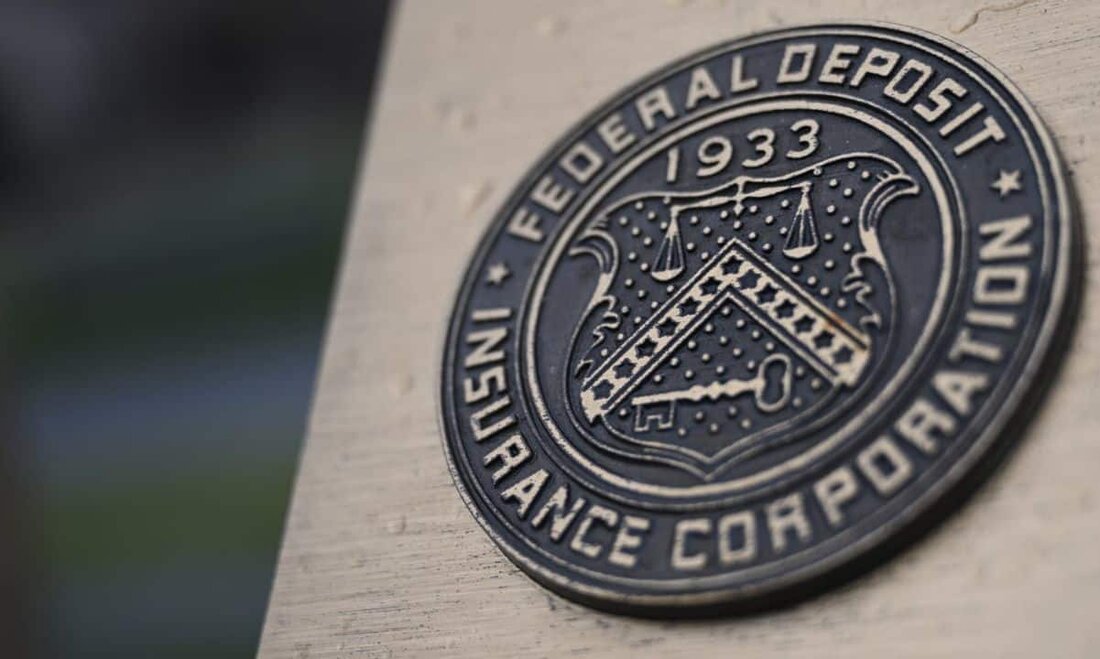Cryptocurrencies and fiat currencies stored on apps may not be insured by the FDIC
In a recent report released by the Consumer Financial Protection Bureau (CFPB) of America, regulators warn that cryptocurrencies and fiat currencies stored in mobile apps may not actually benefit from the FDIC's policy of insuring up to $250,000 per depositor. Non-banking services not covered According to the report, an unfortunate consequence of the rise of payment services and apps such as PayPal and Venmo is that consumers are often under the impression that if the platform goes bankrupt, the government will refund user funds tied to these services. However, this is not the case. In order for funds to be received from the FDIC or...

Cryptocurrencies and fiat currencies stored on apps may not be insured by the FDIC
In a recent report released by the Consumer Financial Protection Bureau (CFPB) of America, regulators warn that cryptocurrencies and fiat currencies stored in mobile apps may not actually benefit from the FDIC's policy of insuring up to $250,000 per depositor.
Non-Banking Services Not Covered
According to the report, an unfortunate consequence of the rise of payment services and apps such as PayPal and Venmo is that consumers are often under the impression that if the platform goes bankrupt, the government will refund user funds tied to these services.
However, this is not the case. In order for funds to be reimbursed by the FDIC or NCUA, they must be deposited in a bank insured by the FDIC or NCUA. Many payment services do not hold their users' funds in trust with one of these banks. Often, these payment services invest user funds in stocks and bonds to generate profits and keep the service free or low-cost for the end user.
The report notes that this aspect is often obscured by payment platforms' terms of service.
Platforms are not required to report deposits
Another key difference between payment services and banks is that banks are required by federal law to provide detailed information about customer deposits to the FDIC and other regulators. However, there is no such requirement for payment services.
“While the core service of non-bank payment platforms is to provide a mechanism for sending funds from one person to another, these apps also enable a growing number of related financial products and services, including offering debit cards, credit cards, BNPL loans and international transfers.” and crypto asset transactions. […] While banks and credit unions are required to regularly provide detailed information about their total deposits, these entities currently have no such requirement under federal law.”
Although the importance of self-custody is continually emphasized for the crypto community, FTX's failure - which was specifically mentioned in the report - has also prompted the CFPB to remind consumers that they may be left in the lurch if they do not ensure the security of their own assets.
Despite the good deals that some services offer when purchasing cryptocurrencies, always remember to manage your cryptocurrency supply yourself.
Featured image courtesy of History

 Suche
Suche
 Mein Konto
Mein Konto
